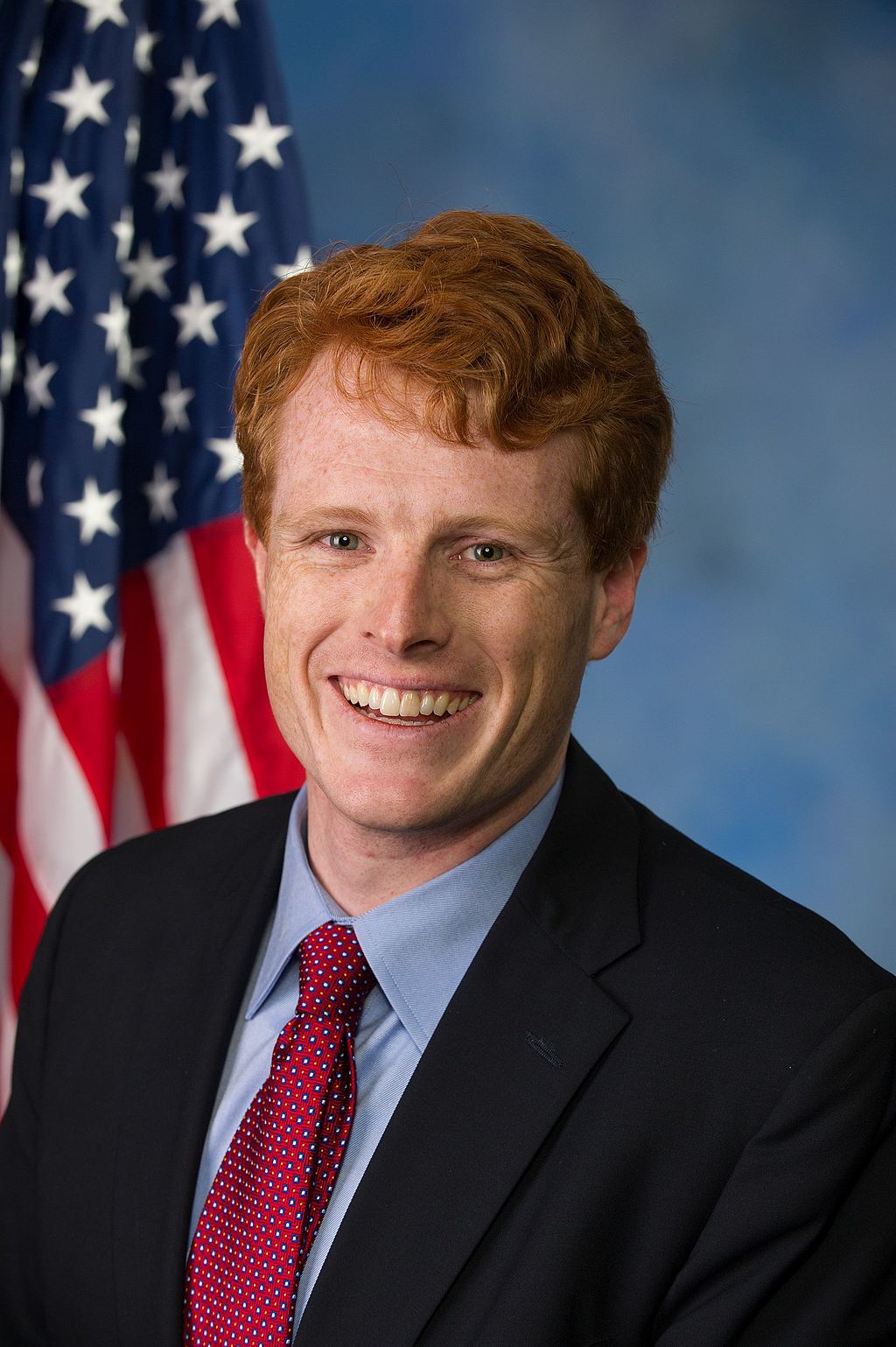
U.S. Mayors Call for Descheduling, Form New Coalition

U.S. Mayors Call for Descheduling, Form New Coalition
The United States Conference of Mayors, a nonpartisan organization representing cities with populations of 30,000 or more, has called for the federal descheduling of cannabis as well as other policy reforms. In addition to calling for sensible changes to U.S. marijuana laws, a coalition was formed to work towards needed reforms as well.
From Michael Hancock, Denver, Colorado’s mayor:
“The end of the 21st Century’s prohibition is spreading across the U.S. and the Government for Responsible U.S. Cannabis Policy Coalition will take what their cities have learned about implementation, regulation, taxation, and youth education, and push for Congress and the Administration to take actions that will better prepare state and local governments to manage legalization locally.
“Cities across the country, including Los Angeles, Seattle, San Francisco, Portland are among those who recognize the critical need for Federal reforms, which is why they signed onto the resolution for Urging Federal Support for State and Local Government Regulations of Cannabis in response to the 46 states, Washington D.C., Guam, and Puerto Rico that have legalized cannabis in some form.
“The resolution requests Federal support in a number of critical areas, including:
- Removing cannabis from the Controlled Substances Act, which would allow banks and other financial institutions to work with state-compliant marijuana-related businesses, and allow employers in the cannabis industry to take tax deductions similar to those enjoyed by other businesses.
- Providing updated guidance to financial institutions that are providing or seek to provide services to commercial cannabis businesses.
- Approving the McClintock-Polis amendment to annual federal appropriations legislation to safeguard state and local government marijuana reforms.
- Extending safe and legal access to medicinal marijuana to U.S. military veterans.
- Maintaining the Rohrabacher-Joyce-Blumenauer amendment, which protects states’ rights by prohibiting the federal government from spending funds to interfere with the implementation of state medical marijuana laws.”
It is great to see our nation’s mayors stepping up to demand an end to the failed, harmful, and racist policy of cannabis prohibition. Mayors understand that legalizing and regulating cannabis will bring more jobs and revenue to their localities.
City mayors deal with the major issues of the day and are in a great position to understand how waging a war on the cannabis community is a waste of valuable resources that disproportionately hurts the poor and people of color. It is fantastic to see that a resolution calling for the expungement of old marijuana offenses also passed as Marijuana Moment reported:
The other resolution, on expungements, details the racially “discriminatory enforcement” of prohibition and “calls on local governments, where marijuana has been legalized, to act, moving with urgency to vacate misdemeanor marijuana convictions for conduct that is now deemed legal.”
“A drug conviction, even for the misdemeanor offense of possession of marijuana, can have significant negative consequences affecting a person’s employment opportunities, education options, qualification for government benefits and programs, travel, and immigration status,” the measure says. “Vacating these convictions serves as evidence that the criminal justice system acknowledges the racial disproportionality of enforcement of drug laws and is willing to address that injustice.”
While the resolutions passed by the U.S. Conference of Mayors are important, the most exciting development, in my opinion, is the formation of a coalition to pressue the federal government and share best practices. I was pleased to see my hometown mayor, Portland, Oregon’s Ted Wheeler, as a part of the coalition.
Again, from Mayor Hancock’s office:
“The Government for Responsible U.S. Cannabis Policy Coalition is to:
- Build sustained awareness with Congress and the Administration of the challenges and opportunities with marijuana legalization and to advocate for balanced, federal regulation that addresses these issues;
- Create the first broad coalition of local governments that can provide sustained attention to marijuana issues;
- Enhance strategic engagement with Congress and the Administration to advance federal regulatory and legislative actions including identifying opportunities to testify before Congress about marijuana; and
- Share best practices among local governments to help advance responsible local control over marijuana.
“The initial Mayors who have committed to advocate for reform through the Coalition are:
- Mark Farrell, Mayor of San Francisco, CA
- Jenny A. Durkan, Mayor of Seattle, WA
- Michael B. Hancock, Mayor of Denver, CO
- Libby Schaaf, Mayor of Oakland, CA
- Ted Wheeler, Mayor of Portland, OR
- Heidi Williams, Mayor of Thornton, CO”
As the United States works to catch up to Canada’s progress on ending cannabis prohibition, it is vital that we continue our momentum, city by city, state by state, so it is important to have mayors across the country joining our fight for freedom. We have a lot of more work to do, but it is exciting to see us advancing step by step and picking up political allies from around the nation. Freedom is on the march!
While the International Cannabis Business Conference is obviously geared towards helping those in the industry survive and thrive, the event never loses sight of the most important aspects of legalization-keeping people out of prison and ensuring that patients have safe access. Henry Rollins, delivering the keynote address at the upcoming Vancouver, Canada, ICBC this June 24th and 25th will be speaking passionately about the activist foundations of the fight to end cannabis prohibition. Get your tickets to the ICBC in Vancouver and learn the latest about Canada’s legalization law and then join us in Portland, Oregon, on September 27th-28th to get an overview of developments in the U.S. and network with top investors, entrepreneurs, and activists from around the world.
Share article


Share article
Join Our Awesome Community
Join Our Awesome Community
Join Our Awesome
Community
Get all the latest industry news
delivered to your inbox





